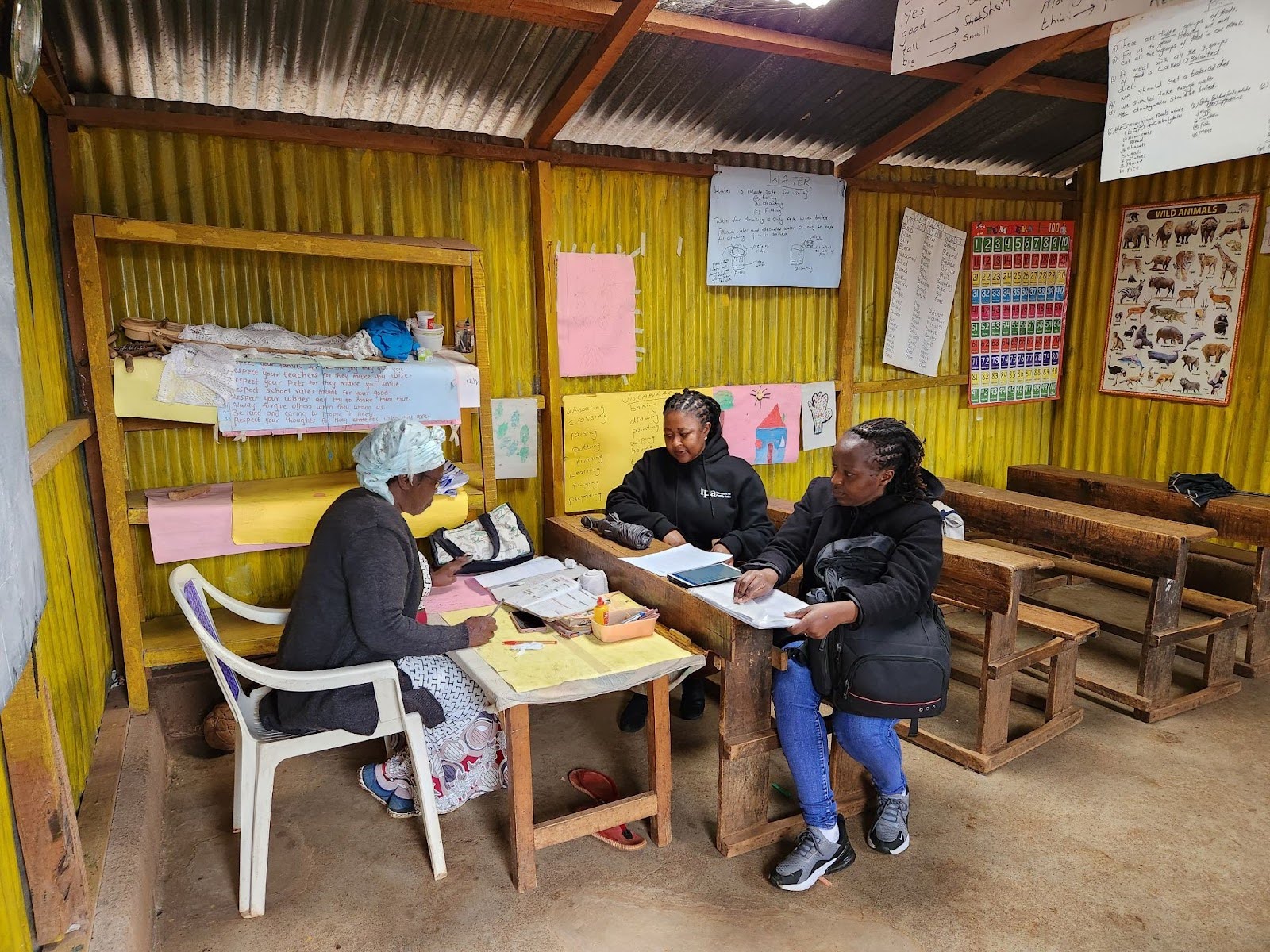Improving Childcare Quality through Social Franchising in Kenya

In collaboration with IPA Kenya and a local social enterprise dedicated to improving childcare quality, researchers are conducting a randomized evaluation to measure the impacts of a program providing continuous support to childcare providers in low-income urban settlements. The study aims to measure the program’s impacts on the sustainability of their businesses, childcare quality, the market for providing childcare, and parental employment.
Access to high-quality childcare is central to advancing women’s economic and social agency while promoting children’s development.1 However, high-quality childcare is out of reach for many parents in low-income settings, with nearly 30 percent of female owners in Kenya taking care of a small child at their business while working. This has been shown to decrease profits by 48 percent relative to comparable businesses without a child present.2
To improve childcare quality and enrollment, and create safe and stimulating learning environments for young children, a local social enterprise works with providers in informal settlements and communities. Providers are first offered a three-month training and on-site mentorship program touching on topics of care and education, as well as business management and empowerment. After completing the training, they can choose to enroll as franchisees and access a grant to improve their facility, receive continuous nutrition support and delivery, child health monitoring, and ongoing mentorship for a small monthly franchising fee.
Researchers are partnering with IPA Kenya and the local social enterprise to conduct a randomized evaluation to measure the impacts of this intensive support and training program. The intervention involves approximately 1,000 childcare providers caring for children three years old or younger in 51 communities in low-income urban and peri-urban areas across Kenya. Communities were randomly assigned into having all their eligible daycare providers offered this program or serving as a comparison group.
Researchers will measure the program’s effects on the quality and sustainability of daycare firms, as well as effects at the market level (firm turnover, childcare pricing, and revenue). They will also conduct surveys with approximately 3,000 mothers with a child aged three or under from these communities to assess whether quality improvements encourage enrollment in daycare and/or facilitate mothers’ employment.
Results will be available in 2026.
Sources
1 Hojman, Andrés, and Florencia Lopez Boo. 2022. “Public Childcare Benefits Children and Mothers: Evidence from a Nationwide Experiment in a Developing Country.” Journal of Public Economics. https://doi.org/10.1016/j.jpubeco.2022.104686.
2 Delecourt, Solène, and Anne Fitzpatrick. 2021. “Childcare Matters: Female Business Owners and the Baby-Profit Gap.” Papers.ssrn.com. https://papers.ssrn.com/sol3/papers.cfm?abstract_id=3830932.












